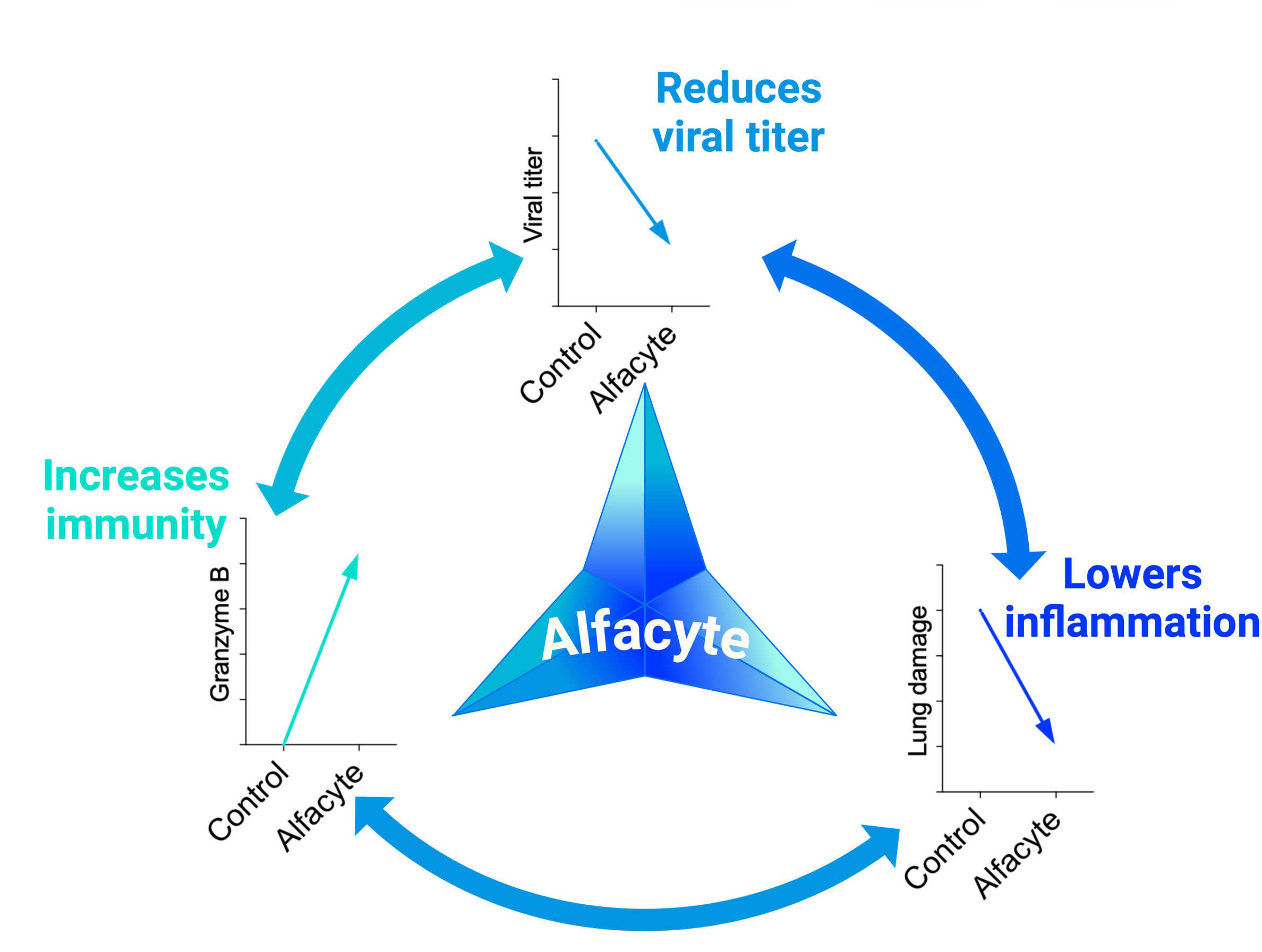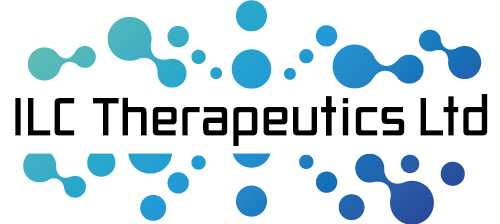Alfacyte™
Our lead candidate Alfacyte™, is being developed as a broad-spectrum antiviral for the treatment of upper respiratory tract infections and is a promising novel therapeutic to tackle the threat of future pandemics, including coronaviruses.
Alfacyte™ has demonstrated activity against multiple viruses and we are progressing towards the clinic as a therapeutic treatment for respiratory syncytial virus (RSV).
RSV is a common virus that causes infections of the lungs and respiratory tract for which there are currently no effective treatments. Despite recently approved vaccines, RSV remains a serious threat to infants, the elderly and the immunocompromised and can lead to significant morbidity and mortality in these groups. According to the World Health Organisation, globally RSV is responsible for approximately 33 million lower respiratory tract infections, more than three million hospitalisations, and around 60,000 deaths in children under five years.

